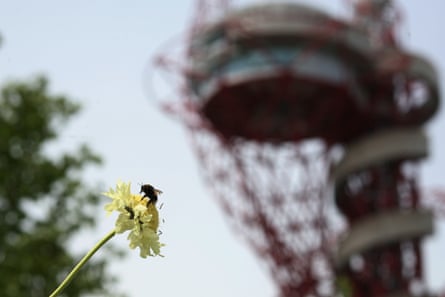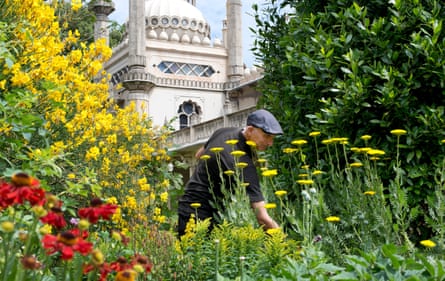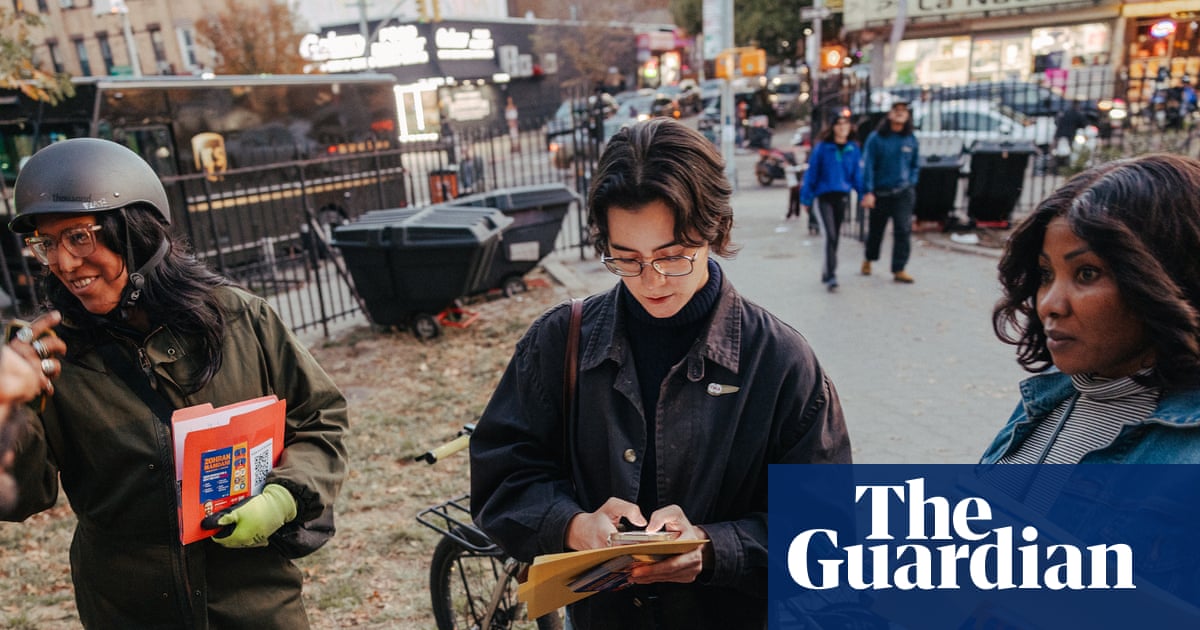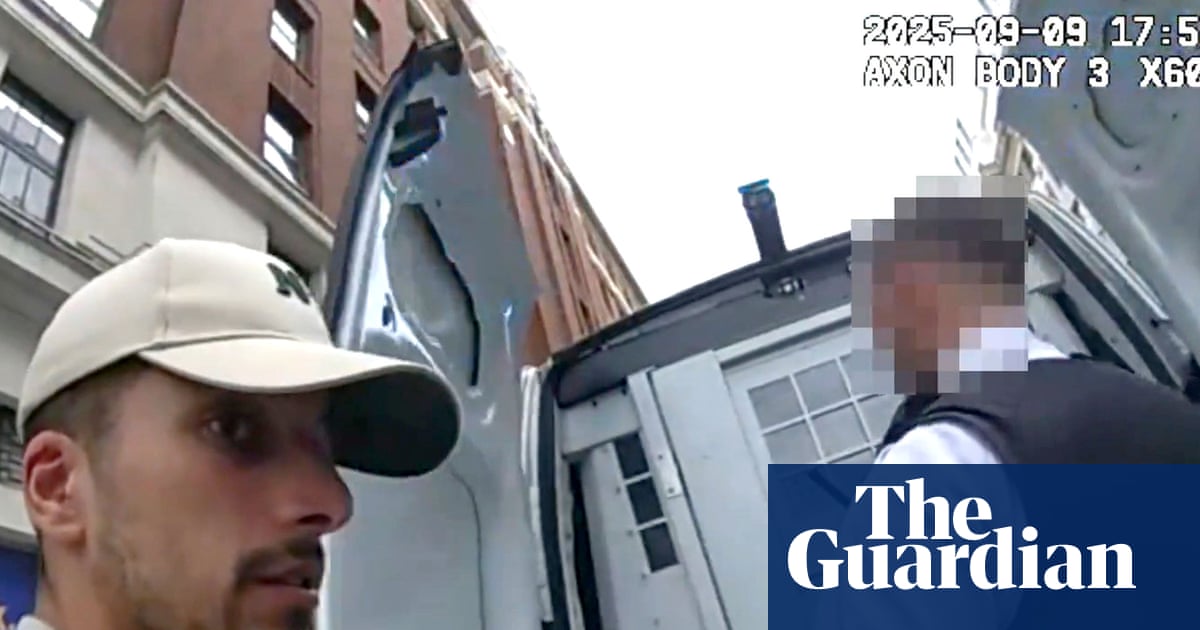More than half of councils in the United Kingdom continue to use pesticides in parks, playgrounds, pavements, playing fields and housing estates, research revealed on Wednesday.
But increasingly, local authorities are taking action to end or reduce their use of pesticides, according to research by the Pesticide Action Network.
The most widely used pesticide by local authorities is the weedkiller glyphosate, which has been linked to cancer. The overuse of pesticides has also been linked to major declines in wildlife, including birds, bees and hedgehogs.
PAN sent freedom of information requests to councils across the UK and had responses from more than 90%. Of the 368 local authorities who replied, 165, or 45% were taking action to end or reduce their use of pesticide.
Nick Mole, a policy manager at PAN UK, said: “While there is still work to do, this survey shows that the pesticide-free movement is growing. A decade ago, no one even knew that pesticides were used in villages, towns and cities. Now we have more than 100 councils taking action to protect the health of residents, wildlife and pets.”

PAN released polling on Wednesday that showed the public was supportive of moves to reduce or end pesticide use in public places. Two-thirds of those surveyed (65%) agreed that “schools, parks, playgrounds and other public spaces in their local area should be pesticide-free”, with a third (33%) strongly agreeing.
The research showed some councils were doing better than others to end pesticide use.
Of the councils that responded, almost half (47%) said they did not use pesticides on playing fields; about a third (34%) kept cemeteries pesticide-free, and about a quarter (26%) managed their parks and green spaces without pesticides.
London is leading the way in the movement to have pesticide-free public spaces, which are already the norm in Paris. Of the capital’s 33 councils, 23 said they had either ended their pesticide use or were moving in that direction.
“The UK public is largely onside and countries like France and Denmark – which have banned urban pesticide use nationwide – are showing every day that we simply don’t need chemicals to maintain public spaces,” said Mole.
after newsletter promotion

Councils said they used 354 tonnes of pesticides in 2024. This was four times the figure from government data of 84 tonnes of pesticides used by local authorities, the research suggested.
A number of councils have already banned pesticides, including Lambeth, Glastonbury and Lewes. Brighton and Hove council banned pesticides in 2019, but in 2024, after complaints about weeds (56, according to later reporting), announced that it would be using the controlled droplet application of glyphosate in specific areas and would reduce usage to the lowest amount possible.
A bill, tabled by the Green MP Siân Berry, is going through parliament to end pesticide use in public spaces.

 3 months ago
53
3 months ago
53

















































